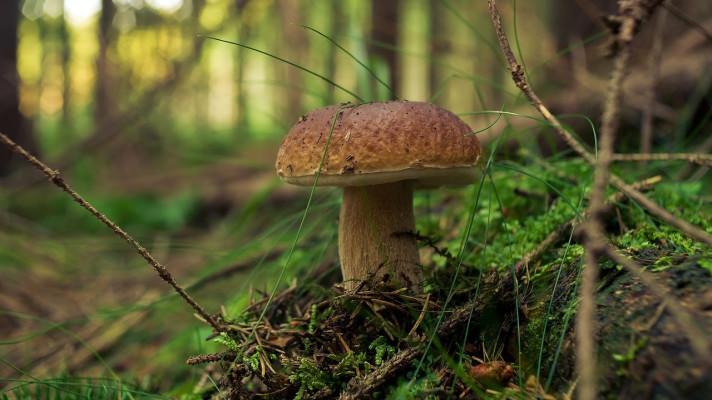Restoring Mediterranean forests with the Miyawaki method
An innovative reforestation technique has been used successfully to restore patches of forest in an area of Sardinia where traditional reforestation methods have previously failed. It was the first time the technique, known as the Miyawaki method, has been used to restore forests in a Mediterranean region.
Restored forests can benefit biodiversity, conservation and carbon sequestration, but restoration is a long and difficult process: forests develop slowly, with pioneer species (species which are the first to colonise), such as perennial grass and shrubs, gradually replaced by early successional trees and eventually, slow-growing intermediate and late successional trees.
The Miyawaki method speeds up this process by planting a dense mix of intermediate and late successional tree species, chosen based on a survey of the physical properties and vegetation in the area to be reforested. Organic material is also mixed with the soil to encourage the natural changes that occur as forests develop. The method was created in the 1980´s in Japan to restore Japanese forests and has since been used to restore degraded forests in South America and Malaysia.
In the Sardinian study, two plots in North Sardinia were planted with more than 20 species, dominated by maritime pine, holm oak and cork oak trees. After 11 years, the researchers surveyed the plant-life on the two plots. They found that, although overall mortality was quite high (61 per cent at site A, and 84 per cent at site B), many plants had survived, whereas previous reforestation efforts in the area had failed. 20 different species survived on site A, and nine on the more densely planted site B: both sites were dominated by maritime pine, and at least two oak species survived on each site. The results also revealed that, once planted, the Miyawaki sites did not require any extra maintenance.
When the researchers compared the Miyawaki method plots to those that had been reforested using traditional methods, they found that trees, and particularly early successional trees, such as maritime pine, had developed much faster on the Miyawaki sites. For example, the density of maritime pine on sites A and B was between three and five times greater than on the traditional sites.
However, Sardinia´s climate is quite different from Japan's or South America's as there is much less rainfall, particularly in summer, so the researchers had to adapt the Miyawaki method to cope with these conditions. They included early successional species with the late successional species to create more robust plant communities. They also used a variety of organic materials mixed into the native soil, rather than importing soil or using straw alone.
The adapted Miyawaki method could provide a fast and cost-effective new tool for foresters attempting to re-forest Mediterranean regions. The high quality forest it creates could be particularly useful for conservation areas and natural parks where the aesthetics and ecological impact of traditional reforestation techniques may restrict their use. However, the initial planting required for the Miyawaki method can be labour-intensive and expensive, as a high density of plants is required, so the researchers recommend that an economic analysis is conducted before the technique is adopted more widely.
Source: Schirone, B., Salis, A., Vessella, F. (2011) Effectiveness of the Miyawaki method in Mediterranean forest restoration programs. Landscape and Ecological Engineering. 7 (1): 81-92.
Contact: vessella@unitus.it
